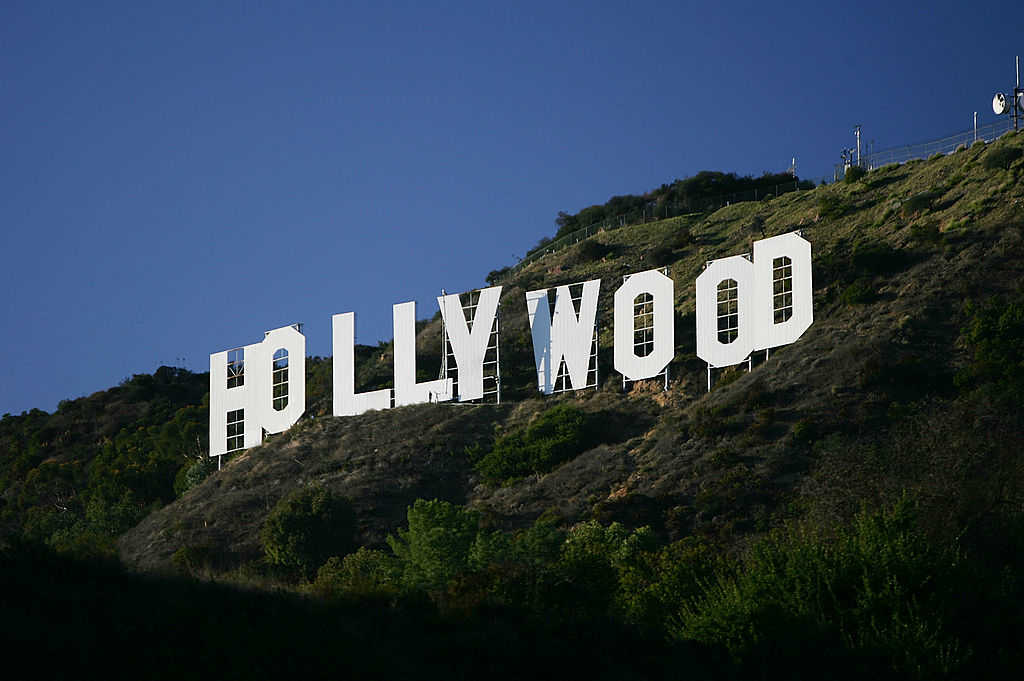Movieguide, a Hollywood ministry devoted to “redeeming the values of the entertainment industry,” has announced a new effort to urge major studios to make available for rent “clean” versions of films that are devoid of adult themes.
Ted Baehr, founder and publisher of Movieguide, said in a statement that he’s hoping companies like Warner Bros., Disney, Paramount Pictures, 20th Century Fox and others will allow consumers to start renting the “cleaned-up versions of movies” — content-safe film renditions that are already produced in many cases for airing on commercial airlines.
There has long been some push-back when it comes to the creation of cleaner versions of films, as some see removing certain elements as a restriction of movie makers’ free speech and artistic expression.
Hollywood Elite Don't Want You to Have Clean Versions of Movies! It's Time To Stand Up For Family! #SpreadTheWord https://t.co/Uj9DVkrVpB pic.twitter.com/ZAyIylctVI
— Movieguide® (@movieguide) June 19, 2017
Sony Pictures recently announced that it would release clean versions of 24 films, but later backed down from putting out some of those amended movies after filmmakers started to complain. Now, Sony will reportedly not sell sanitized versions of any film if its director is uncomfortable with doing so.
“Hollywood studios know that families want clean entertainment,” Baehr said. “It’s unfortunate that the families have to suffer because a few select scatological filmmakers want every curse word and lewd scene included in their movie.”
Baehr and his organization are determined to see clean movies be made available to families who want them, saying that the choice should be up to consumers. And it seems there’s some agreement out there.
Before a press release went out announcing that Movieguide had launched a petition to encourage studios to embrace and release cleaner versions of movies, the petition had already amassed more than 12,000 signatures.
The petition specifically calls on the public to support Sony’s efforts to create a clean films pilot program — something that some Hollywood heavyweights have fervently decried in recent weeks.
Actor Seth Rogan tweeted a critical message about the clean movies initiative, hurling an expletive and writing, “Please don’t do this to our movies. Thanks.”
Holy shit please don't do this to our movies. Thanks. https://t.co/0lpoESaIQd
— Seth Rogen (@Sethrogen) June 6, 2017
Movie producer Judd Apatow and the Directors Guild of America also spoke out against Sony’s move as well, with the guild claiming that “directors have the right to edit their feature films for every non-theatrical platform, plain and simple.” The organization said edits to make these films cleaner could be “unauthorized,” according to Variety.
Apatow’s comments were too expletive-ridden to share, but we can confirm, based on his angry tweeting, that he’s quite disenchanted with Sony’s program.
But Movieguide argues that, despite this pushback, it’s far past time to give people access to cleaner and safer films for their families.
“For too long, Hollywood has inserted offensive, lewd, vulgar, and violent content into movies, leaving few appropriate movie options for families,” the petition reads. “The good news is that Sony Pictures recently announced a ‘Clean Version’ pilot program. This program will allow families to rent clean versions of certain movies. That’s right, these movies will have foul language, sexual content, and explicit violence edited out. This is fantastic news for family audiences!”
The petition notes that the pushback from inside Hollywood is putting pressure on Sony and urges the public to sign on to let the company know that people truly want these cleaner versions of films. Check out the petition here.
As Faithwire previously reported, the quest for cleaner versions of movies is nothing new.
There’s currently a major legal battle waging between movie company VidAngel — a streaming service that lets you and your family censor sex, violence and expletives from your favorite films and TV shows before watching — and major movie studios that claim that the technology infringes on their property rights and ownership.



